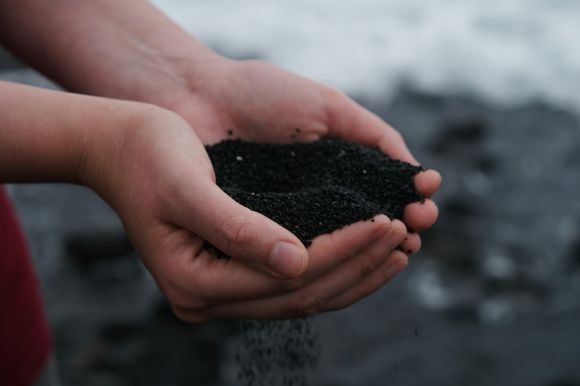Composting is an excellent way to reduce waste and create nutrient-rich soil for your garden. However, not all food scraps are suitable for composting. Two common items that often raise questions are citrus fruits and onions. Can you compost them? Let’s find out!
The Basics of Composting
Before we dive into the specifics of citrus fruits and onions, let’s quickly review the basics of composting. Composting is the natural process of decomposition, where organic materials, such as food scraps and yard waste, break down into a dark, crumbly substance known as compost. Compost is rich in nutrients and can improve soil structure, moisture retention, and microbial activity.
The Importance of Balance
A successful compost pile requires a delicate balance of carbon-rich (browns) and nitrogen-rich (greens) materials. Browns include items like dry leaves, straw, and newspaper, while greens consist of fresh grass clippings, fruit and vegetable scraps, and coffee grounds. Achieving the right balance of browns and greens is crucial for the decomposition process to occur efficiently.
Citrus Fruits: Yes or No?
Citrus fruits, such as oranges, lemons, and grapefruits, are acidic and contain high levels of essential oils. These properties make citrus fruits a bit trickier to compost compared to other food scraps. However, this doesn’t mean you can’t compost them.
The key is to use citrus fruits in moderation. Adding small amounts of citrus peels to your compost pile is generally safe. The acidity and essential oils can help deter pests and add a fresh scent to your compost. However, too many citrus peels can disrupt the balance of your compost pile, slowing down the decomposition process.
To avoid any potential issues, it’s best to chop or shred the citrus peels into smaller pieces before adding them to your compost. This will help them break down faster and prevent them from matting together, which can impede airflow in the compost pile.
Onions: Yes or No?
Onions are another commonly asked about item when it comes to composting. Like citrus fruits, onions are safe to compost but should be used in moderation. Onions are rich in sulfur, which can inhibit the growth of beneficial microbes in your compost pile if added in large quantities.
To ensure successful composting, it’s best to chop or dice onions into smaller pieces before adding them to your compost. This will help them break down faster and prevent any issues with sulfur buildup. By using onions sparingly, you can safely incorporate them into your compost pile without disrupting the balance.
Other Considerations
While citrus fruits and onions can be composted in moderation, there are a few additional considerations to keep in mind. If you notice any signs of pests, such as fruit flies or rodents, it’s best to avoid adding citrus peels or onions to your compost pile. These items can attract unwanted visitors and make your compost pile less desirable.
Additionally, if you’re using compost for growing specific plants that are sensitive to acidity, such as blueberries or azaleas, you may want to avoid composting citrus fruits altogether. The residual acidity in the compost could affect the pH levels of your soil and potentially harm these acid-sensitive plants.
In Conclusion
Composting citrus fruits and onions is possible, but it’s important to use them in moderation and take some precautions. Chop or shred the peels and onions into smaller pieces to facilitate faster decomposition and prevent any imbalances in your compost pile. Always consider the needs of your plants and the potential for attracting pests before adding these items to your compost. With a little care and attention, you can successfully compost citrus fruits and onions while reaping the benefits of nutrient-rich soil for your garden.





